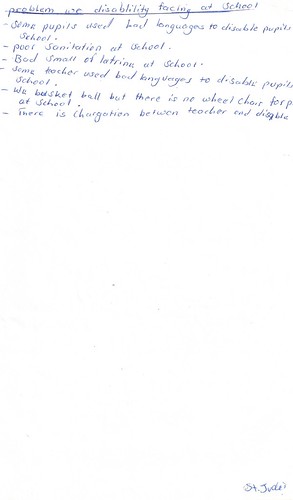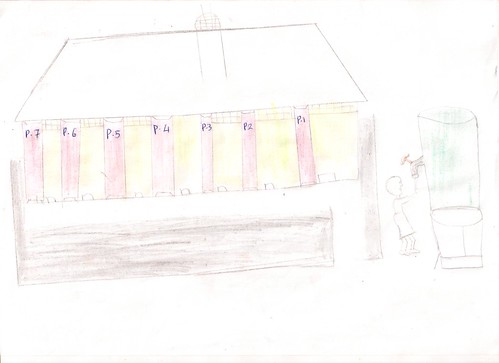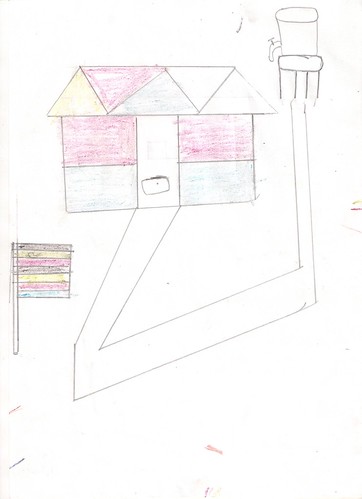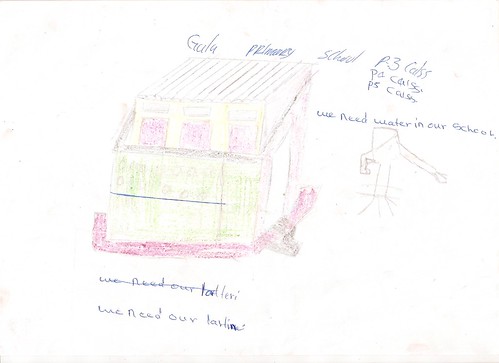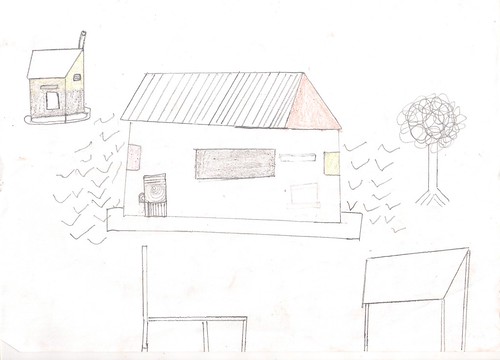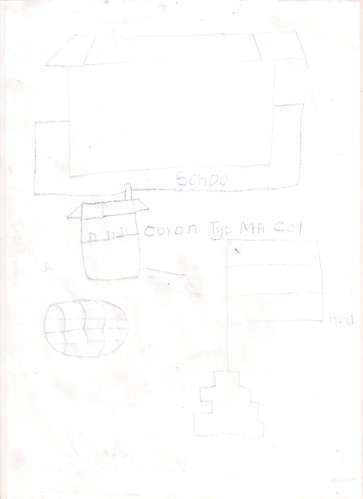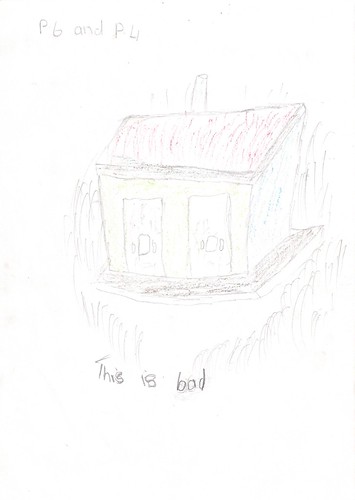“I give a shit, do you?” – World Toilet Day Slogan
In 2013, the United Nations declared November 19th World Toilet Day. Within the last few years the issue of clean water, sanitation, and hygiene (WASH) has come to the forefront as one of the major development issues- rightly so. Diarrhea causes 1.5 million death each year, with the primary factor being unclean water and poor sanitation. Although NGOs and government’s understand the importance, there is still an immense amount of work to do in order to bring clean water and sanitation to each person.
I decided to focus on WASH during my graduate work as I felt there were so many large development and public health issues, which there is no clear solution. WASH is not one of those issues. We know the necessary progression of infrastructure and the healthy practices required. The most complicated issues within WASH are actually related to strong institutions and good governance.
As part of my Peace Fellowship I’ve had the opportunity to move to about 15 schools within both the municipality and rural for a water and sanitation needs assessment, focusing on accessibility. While, it is clear the government and NGOs attempt to cater for basic water and sanitation, gaps remain in terms of cleanliness and inaccessibility to children with disabilities. In an attempt to reach the Millennium Development Goal of halving the number of people without clean water and sanitation, it is often the easiest and fastest cases which are provided for. During the school’s needs assessment, my GDPU colleague and I asked children with disabilities to draw of write their challenges. The number one drawn challenge was related to water and sanitation, followed by issues of bullying.
The need for clean and accessible latrines is there. So what are we going to do? At Gulu Disabled Persons Union and Advocacy Project we are working on piloting a project by the end of year which would build an accessible latrine at one school and include a holistic education program where we could tackle issues such as hygiene, bullying, and inclusion. Our long term goals include building about more toilets at schools in need, building a District wide inclusive education program, and working with local government to ensure accessibility standards are met by every sanitation project within the District. In order to complete this pilot project we are looking to raise an additional $1,000 USD. I encourage you to donate through Advocacy Project via this link and say “Yes. I give a shit!”
Take a look at what children with disabilities in Gulu District say their challenges are at their school:
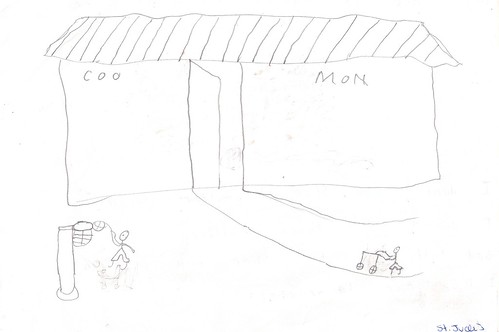
Students at this primary school drew their challenges as the latrines (the building reads boys and girls in Luo). They also captured a basketball court, as previously a wheelchair basketball club existed.
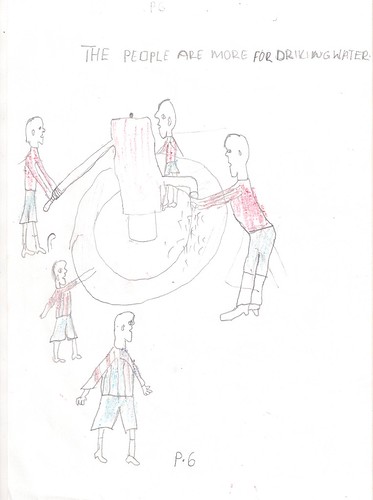
These students described their challenges of an overcrowded borehole. At all the schools the community and school share a borehole.
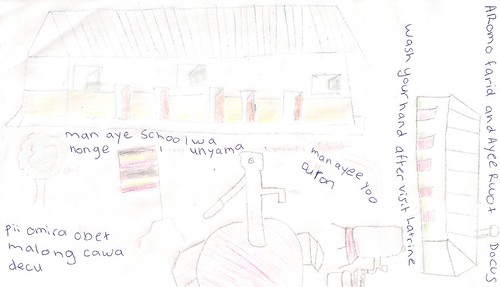
Two female students are describing there school and the location of the path and borehole. They want students to “wash your hand after visit latrine.”
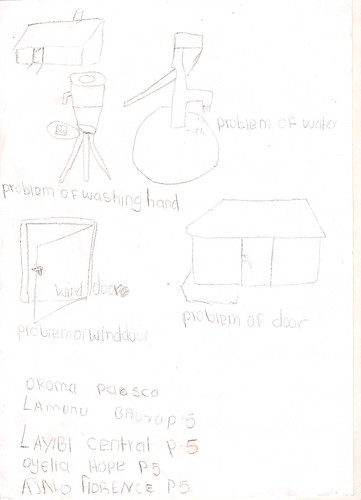
This schools challenges are of consistent water, ability to wash hands, and lack of doors to classrooms.
Posted By Kathryn Dutile (Uganda)
Posted Nov 19th, 2014


